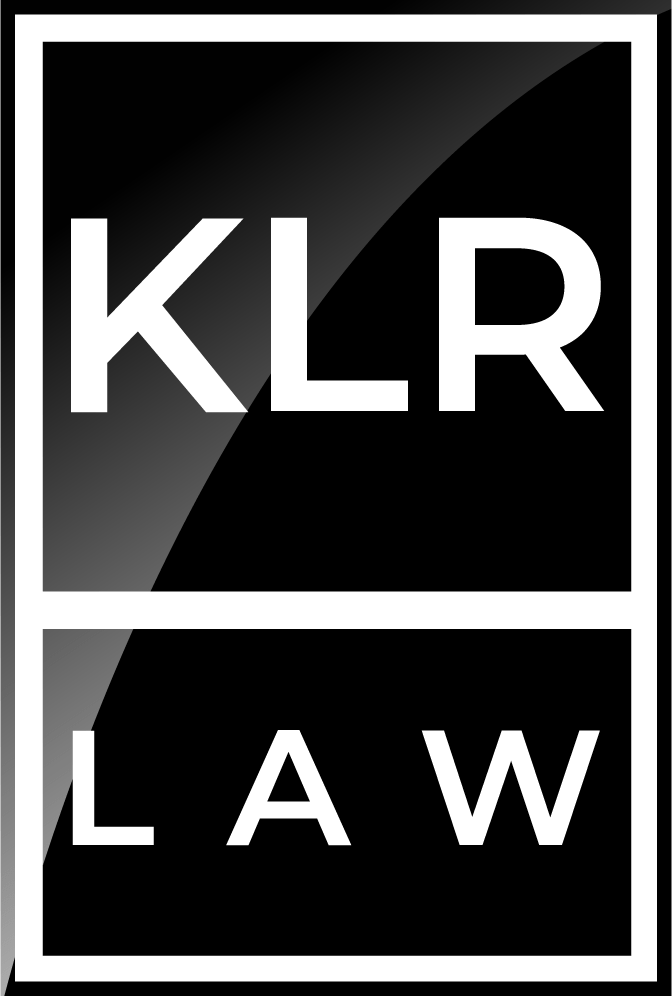If you are planning, starting or growing a business; or facing a commercial challenge, we can help. We work with businesses operating in all types of industries, assisting them with a range of transactions and commercial matters. We can help with:
- Business sales and purchases
- Choosing a business structure
- Restructuring your business
- Asset protection and succession planning
- Partnership and shareholder agreements
- Business and commercial contracts
- Commercial and retail leases
- terms of trade
Buying or selling a business
Buying or selling a business requires careful planning to ensure that agreed terms and conditions are properly negotiated and documented in a written contract. Each party should be legally represented. In many cases, we recommend also consulting your accountant. Your professional team can help structure the transaction to provide an optimum outcome and to protect your interests. You may need to consider:
- the structure and apportionment of the purchase price, taking into account goodwill, stock, plant, equipment, and inventory
- Goods and Services Tax (GST) and other taxes such as Capital Gains Tax (CGT)
- the suitability of and transfer arrangements for ancillary agreements such as commercial leases and service contracts
- intellectual property such as business names, trade marks, and domain names and provisions for transferring these assets to the new owner
- employment arrangements for existing employees, transfers, offers, redundancies, and calculation of leave and other entitlements
- restraint of trade and confidentiality provisions
- agreed training periods, representations, and warranties
Business structures
We can help you choose and implement a legal structure that suits your business and personal needs or assist with restructuring your business as it grows or if your circumstances change.
For a small enterprise it may be appropriate to operate as a sole trader using an Australian Business Number (ABN).
A partnership may be formed when two or more people share a common interest and wish to contribute their respective skills and resources for the benefit of the business. When considering a partnership however, it is important to understand that each partner is jointly and severally liable for the partnership debts. There is also potential for disagreements and fallouts between partners. A partnership agreement is essential to govern the arrangements and to set out the rights and responsibilities of each party. The agreement should include processes for matters such as termination, retirement, sale of partnership shares, business succession and dispute resolution.
A limited liability company may be a good option for a small to medium sized business. As a separate legal entity, the company provides a certain level of protection for the company’s officers and shareholders. Companies are registered through and governed by the Australian Securities and Investments Commission (ASIC).
A trust structure can provide asset protection and may be beneficial when it comes to determining tax liabilities. Trusts however are complex and must be properly set up and administered to ensure the benefits outweigh the costs and ongoing fees.
Commercial contract advice
A business typically enters many transactions whether they are for B2B or B2C products or services. A commercial transaction should be documented in a written contract setting out the parties’ rights and responsibilities with clear terms regarding the scope of services or products to be provided, warranties and indemnities, etc.
Involving a lawyer to prepare, negotiate or review a business contract can help protect your interests and ensure that important provisions are not overlooked. If you need a contract prepared or would like us to review a contract that has been presented to you, we can help.
If you need assistance, contact us at [email protected] or call 07 5528 6840 for expert legal advice.

